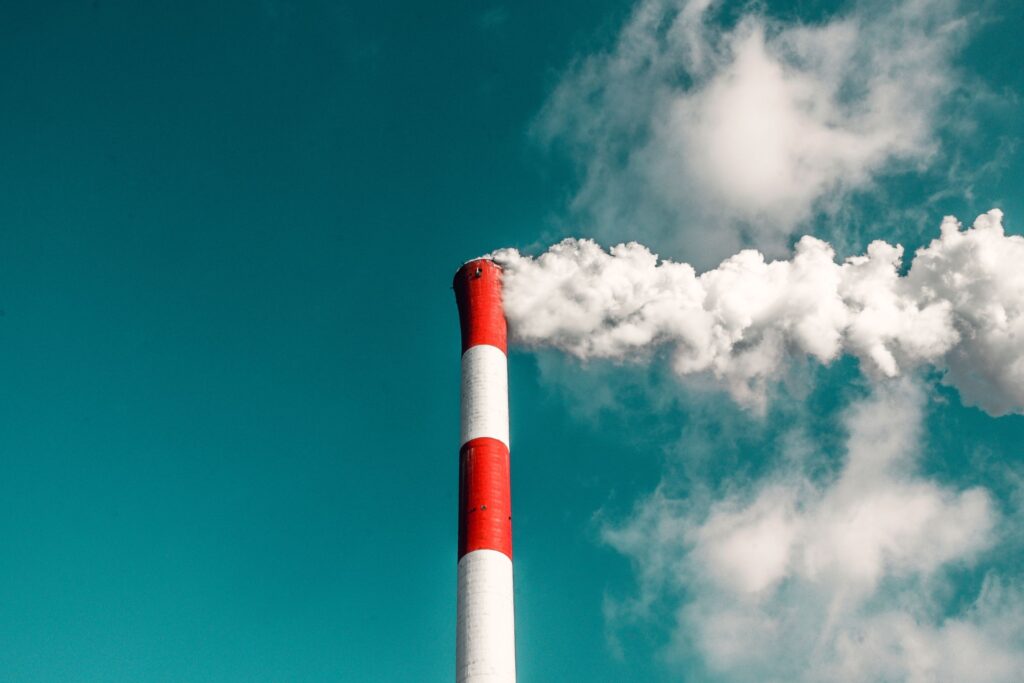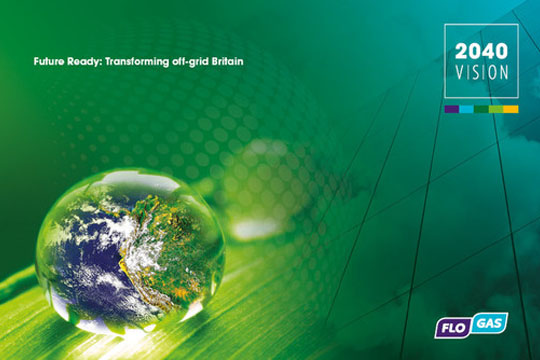Net Zero
What is Net Zero and why is it important?
What does Net Zero actually mean?
As of June 2019, the UK became the first major economy to legislate to end its contribution to climate change by 2050.
The target will require the UK to bring all greenhouse gas emissions to net zero by 2050, compared with the previous target of at least 80% reduction from 1990 levels.
The government plans to achieve net zero emissions by the year 2050.
That is, it aims to balance the overall greenhouse gas (GHG) emissions that the UK is producing with the amount of GHGs being taken out of the atmosphere.
To meet net zero carbon emissions, the government has outlined strategies it intends to take including phasing out the installation of high carbon fossil fuels such as oil and coal off the gas grid.1
As a cleaner, low carbon fuel compared to oil and coal, LPG is well positioned to help tackle air pollution and the decarbonisation of off-grid homes and businesses.
What policies are already in place?

The Clean Growth Strategy
The Clean Growth Strategy has been put into place to help accelerate the pace of ‘clean growth’ by decreasing emissions whilst simultaneously increasing economic growth.

Road to Zero Strategy
The Road to Zero strategy outlines the government’s plans on how it intends to slash road transport emissions and build a greener infrastructure.
How can we acheive this?
LPG as part of the off-grid solution
By choosing LPG, off-grid homes and businesses can help to meet the government’s net zero target by lowering their carbon footprint and producing fewer pollutants. Immediate carbon savings can be seen today from switching from oil to LPG.
In fact, LPG produces less carbon than oil and around 30-40% less than coal, making it perfectly placed to help decarbonise off-grid Britain.2
Helping our customers meet their sustainability goals
Business
Meeting your sustainability goals
Home
Doing your part for the environment
1 The Clean Growth Strategy, 2017
2 Greenhouse gas reporting: conversion factors 2019 , BEIS

